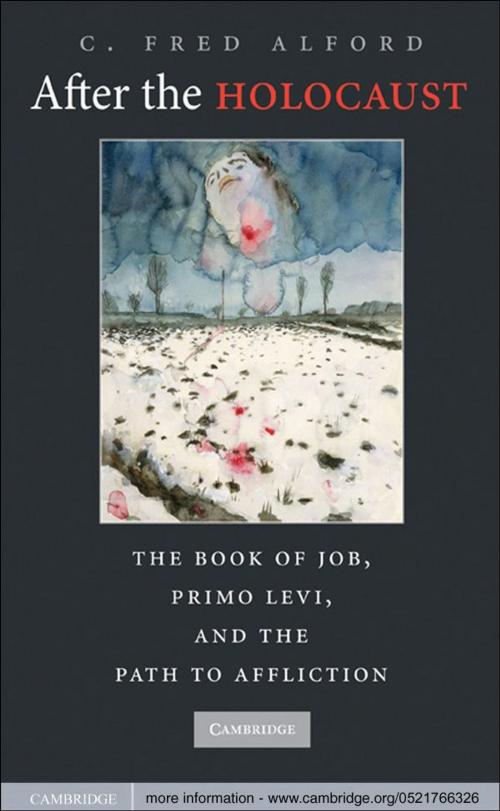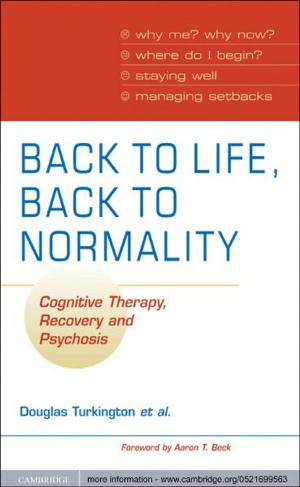After the Holocaust
The Book of Job, Primo Levi, and the Path to Affliction
Nonfiction, Religion & Spirituality, Philosophy, Ethics & Moral Philosophy, History| Author: | C. Fred Alford | ISBN: | 9780511738814 |
| Publisher: | Cambridge University Press | Publication: | April 27, 2009 |
| Imprint: | Cambridge University Press | Language: | English |
| Author: | C. Fred Alford |
| ISBN: | 9780511738814 |
| Publisher: | Cambridge University Press |
| Publication: | April 27, 2009 |
| Imprint: | Cambridge University Press |
| Language: | English |
The Holocaust marks a decisive moment in modern suffering in which it becomes almost impossible to find meaning or redemption in the experience. In this study, C. Fred Alford offers a new and thoughtful examination of the experience of suffering. Moving from the Book of Job, an account of meaningful suffering in a God-drenched world, to the work of Primo Levi, who attempted to find meaning in the Holocaust through absolute clarity of insight, he concludes that neither strategy works well in today's world. More effective are the day-to-day coping practices of some survivors. Drawing on testimonies of survivors from the Fortunoff Video Archives, Alford also applies the work of Julia Kristeva and the psychoanalyst Donald Winnicot to his examination of a topic that has been and continues to be central to human experience.
The Holocaust marks a decisive moment in modern suffering in which it becomes almost impossible to find meaning or redemption in the experience. In this study, C. Fred Alford offers a new and thoughtful examination of the experience of suffering. Moving from the Book of Job, an account of meaningful suffering in a God-drenched world, to the work of Primo Levi, who attempted to find meaning in the Holocaust through absolute clarity of insight, he concludes that neither strategy works well in today's world. More effective are the day-to-day coping practices of some survivors. Drawing on testimonies of survivors from the Fortunoff Video Archives, Alford also applies the work of Julia Kristeva and the psychoanalyst Donald Winnicot to his examination of a topic that has been and continues to be central to human experience.















